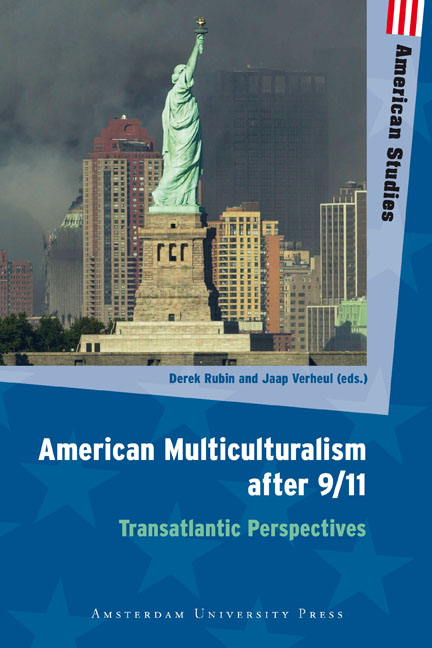Introduction
Published online by Cambridge University Press: 21 January 2021
Summary
Within a month after the terrorist attacks of September 11, 2001, Lynne Cheney, the wife of the Vice-President and former chairwoman of the National Endowment for the Humanities, publicly attacked educators who had sought to promote multicultural teaching and internationalism as a response to rising anti-Americanism. The notion that Americans needed to learn more about other cultures in the world, she argued, was tantamount to admitting “that the events of September 11th were our fault, that it was our failure to understand Islam that led to so many deaths and so much destruction.” Instead of teaching diversity and tolerance, teachers from kindergarten to the top colleges and universities would do better to concentrate on the classics of world history and, most of all, the history of the American nation. The best way to understand the world in a time of national crisis, she concluded, was to read Of Plymouth Plantation, the writings of the founding fathers, or the heroic accounts of American soldiers during World War II by Stephen Ambrose.
By unapologetically promoting national history and patriotism over diversity and tolerance, Cheney advanced her long-standing agenda to steer the national curriculum clear of multiculturalism. Her decision to assail what she called the “multicultural argument” in the wake of this national disaster also made clear that the ongoing debate over multiculturalism, diversity, and national identity was more alive than ever, as Americans struggled to make sense of “9/11.” It has been debated whether this ominous date was a decisive turning point in American and global history, or should be understood rather in the context of long-term national and international developments and tensions. It certainly is true that the American War on Terror, the invasion of Iraq, and the ensuing debate about civil liberties for which Abu Ghraib and Guantánamo Bay became contested symbols opened a new chapter in a long history of constitutional interpretation. More importantly, the terrorist attacks by radical Muslims of foreign origin led Americans to recast their perceptions of diversity and assimilation within a national framework, and at the same time to reevaluate the position of the United States in the world.
- Type
- Chapter
- Information
- American Multiculturalism after 9/11Transatlantic Perspectives, pp. 7 - 20Publisher: Amsterdam University PressPrint publication year: 2012

